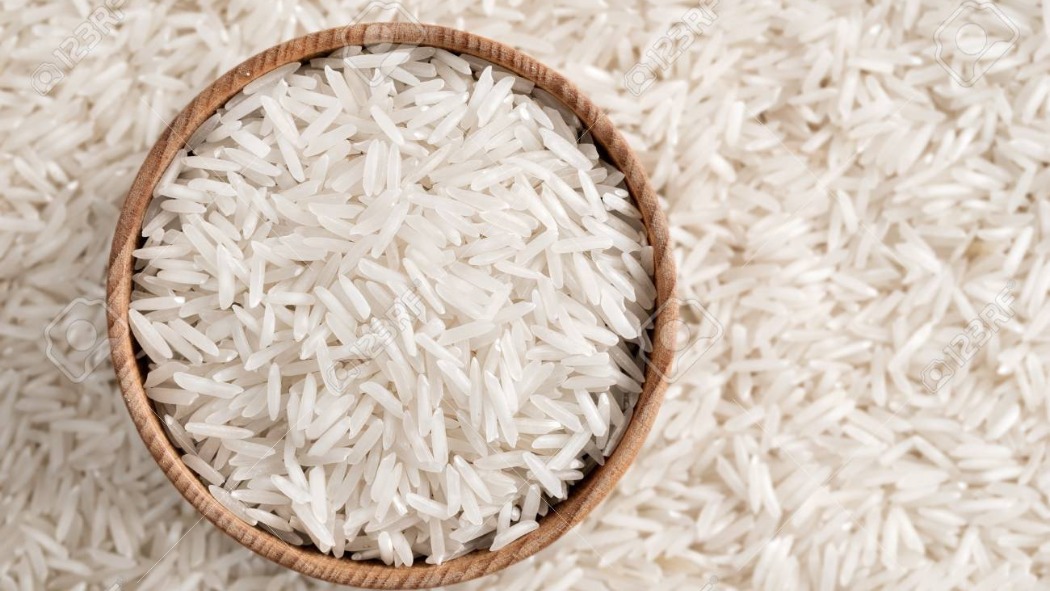Don't have an account?
Login to EaseMyDeal

2023-08-28
718
On August 28, the Union government took a significant step to fortify its measures aimed at controlling the export of rice. By imposing a ban on the export of Basmati rice valued at less than $1,200 per metric tonne (MT), the government ensured added safeguards for its export ban on non-Basmati white rice. This strategic move came in response to concerns raised about the misclassification of non-Basmati white rice as Basmati rice, and the subsequent exploitation of export provisions meant for Basmati rice.
The initial prohibition on the export of non-Basmati white rice had been put into effect on July 20, 2023, citing the rising domestic prices of rice. This action was taken as a measure to stabilize the domestic market and manage food inflation. Subsequently, the Union Commerce Ministry intervened, instructing the Agricultural & Processed Food Products Export Development Authority (APEDA) – the agency responsible for regulating Basmati rice exports – to scrutinize and regulate the contracts for Basmati rice exports.
Under these new regulations, only contracts for Basmati rice exports valued at $1,200 per MT and above would be eligible for registration and the issuance of a Registration-cum-Allocation Certificate (RCAC). Contracts with a value below $1,200 per MT would be held in abeyance and subject to evaluation by a committee established by the Chairman of APEDA. This evaluation process would focus on understanding the variations in prices and the potential misuse of this route for the export of non-Basmati white rice. The government's decision was influenced by the noticeable fluctuations in Basmati rice contract prices, with the lowest contract price being reported at $359 per MT against an average export price of $1,214 per MT in August. These discrepancies raised concerns about the integrity of the export system and necessitated measures to ensure that the export of high-value Basmati rice remains transparent and consistent.
Key Points: Government Regulations on Basmati Rice Export
Background: Earlier, on July 20, the government had prohibited the export of non-Basmati white rice due to rising domestic rice prices.
Misclassification Concerns: To prevent misclassification of non-Basmati white rice as Basmati, the government took further steps.
Export Value Threshold: The government banned the export of Basmati rice priced below $1,200 per metric tonne (MT).
Regulation Authority: The Agricultural & Processed Food Products Export Development Authority (APEDA) oversees Basmati rice exports.
Threshold for Registration: Only contracts valued at $1,200 per MT and above are eligible for registration and issuance of a Registration-cum-Allocation Certificate (RCAC).
Review Committee: Contracts valued below $1,200 per MT are held for review by a committee chaired by APEDA's Chairman. The committee evaluates price variations and potential misuse.
Price Variations: Concerns arose due to significant contract price differences, with the lowest at $359 per MT and an average of $1,214 per MT in August.
Continued Exports: Basmati rice contracts above the $1,200 per MT threshold remain unaffected and can be exported as usual.
Impact on Exports: The regulations are expected to temporarily slow down Basmati rice exports, a crucial high-value commodity for India.
Previous Export Figures: In the last fiscal year, India exported Basmati rice worth over $4.79 billion, primarily to the Middle East and the US.
Wider Objectives: These measures align with the government's strategy to manage food inflation and ensure adequate domestic food reserves.
Climate Concerns: The government's actions also consider the potential impact of the El Nino weather pattern on monsoon patterns and agriculture.
Potential Advantage for Competitors: Some traders fear that these regulations might inadvertently benefit competitors like Pakistan, which also produces Basmati rice.
Conclusion
The Union government's decision to regulate Basmati rice exports with a value threshold aims to prevent misuse of export provisions and maintain the integrity of the export process. While this move might lead to a temporary decline in Basmati rice exports, it falls in line with the broader goal of stabilizing food prices and ensuring domestic market stability. The government's focus on managing inflation, preserving domestic food stocks, and considering climatic uncertainties is evident in these strategic measures.

Write A Comment